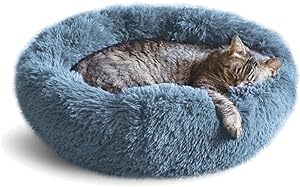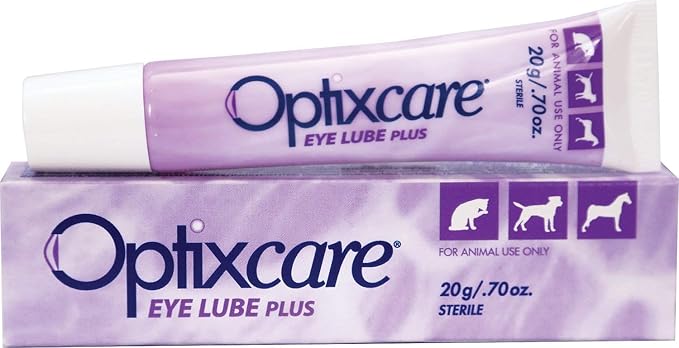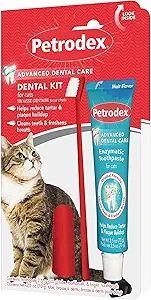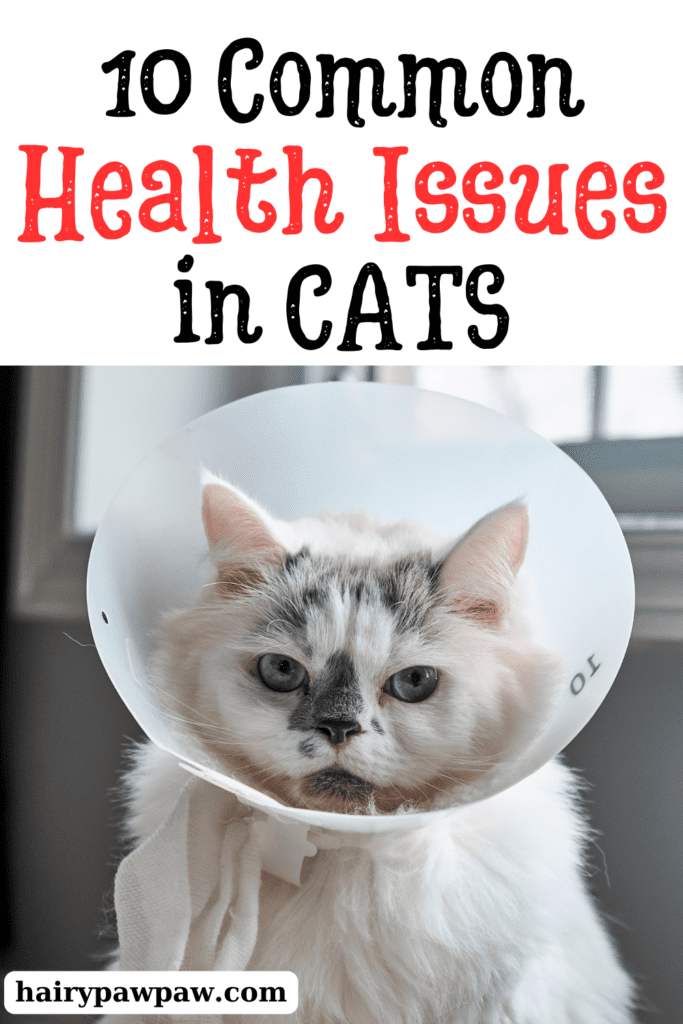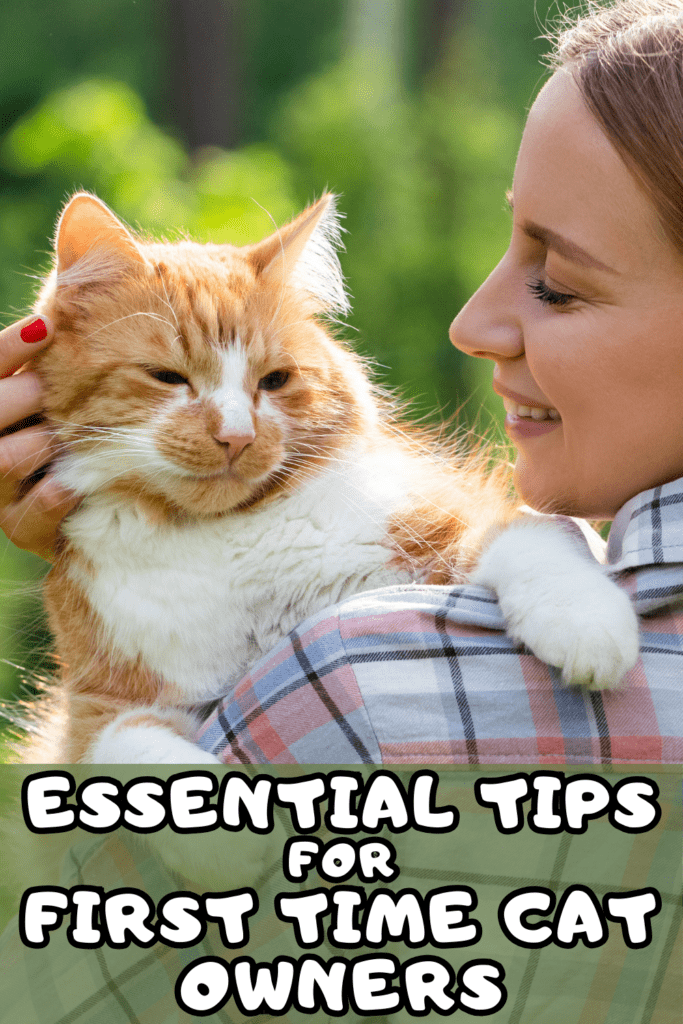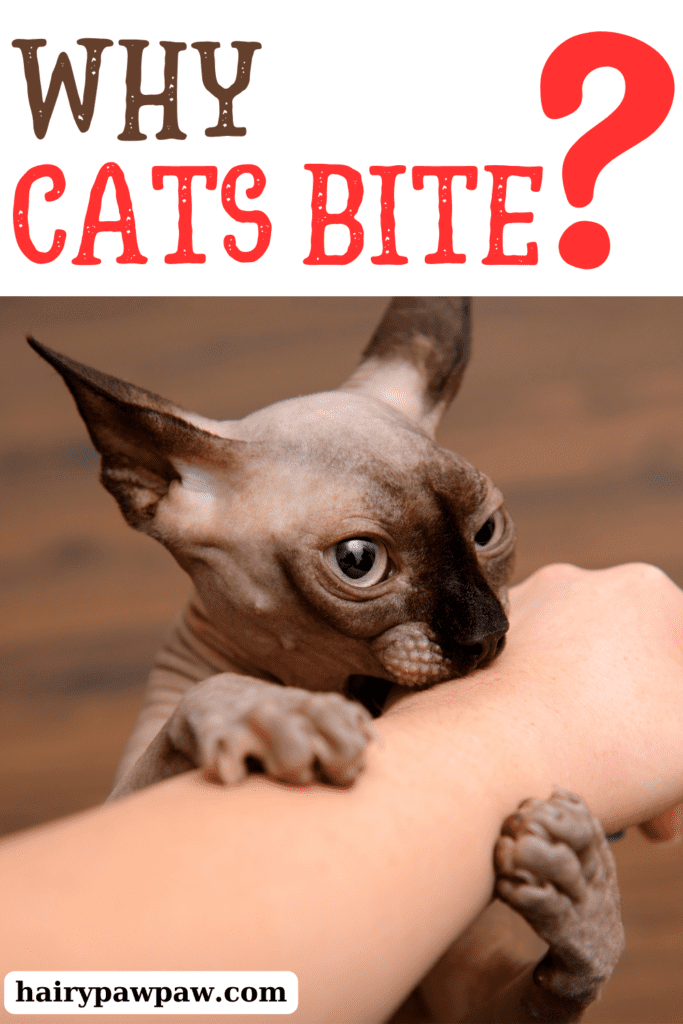Scottish Fold Cat Health Concerns: A Guide for New Owners
Bringing home a Scottish Fold cat is an exciting experience. Their adorable folded ears and sweet nature make them a popular breed. However, like any breed, Scottish Folds come with unique health concerns. Understanding these potential issues will help you keep your new companion happy and healthy. This guide will walk you through the most common health problems in Scottish Folds, how to spot them, and what you can do to care for your feline friend.

Osteochondrodysplasia: A Common Concern
One of the primary health issues associated with Scottish Fold cats is osteochondrodysplasia. This genetic condition affects the development of cartilage and bone. It not only causes the signature folded ears but can also lead to joint pain and stiffness, especially in the legs and tail. Cats with osteochondrodysplasia may exhibit difficulty jumping or climbing, a reluctance to move, or even lameness.
If you notice any signs of discomfort, consult your veterinarian immediately. Regular checkups are crucial, as early detection helps manage symptoms. Keeping your cat’s weight under control and providing a balanced diet can reduce the strain on their joints, which helps limit the progression of this condition. Additionally, anti-inflammatory medications may alleviate pain, ensuring your cat stays comfortable.
Ear Health: Keeping Those Cute Ears Clean
Scottish Fold cats have those unique, folded ears, but their ear structure can make them more prone to ear infections and wax buildup. You should check their ears regularly to spot any redness, discharge, or foul odor, which can indicate an infection. Infections can cause discomfort and affect your cat’s balance and hearing.
To keep their ears clean, gently wipe the outer ear with a soft, damp cloth or use a vet-approved ear cleaner. Avoid sticking anything into their ear canal, as it can cause injury. Regular ear care can prevent infections, but always consult your veterinarian if you notice unusual symptoms like excessive scratching or head shaking.
Joint and Mobility Problems
As Scottish Fold cats age, many develop arthritis or other joint issues. Osteochondrodysplasia can worsen with time, leading to chronic pain in their joints. You may notice your cat becoming less active or struggling to jump onto furniture.
To help manage these issues, keep your cat at a healthy weight. Obesity puts extra pressure on already sensitive joints. Your vet may recommend joint supplements like glucosamine and chondroitin, which support joint health. In more severe cases, prescription medications or physical therapy may be necessary.
Providing your cat with soft bedding and placing ramps near furniture can make their environment more comfortable. Small changes in your home can help your cat navigate their surroundings with less stress on their joints.
Tail Stiffness: An Indicator of Discomfort
Another sign of osteochondrodysplasia is stiffness in the tail. Your Scottish Fold’s tail should be flexible and pain-free. If you notice any resistance when moving their tail, it could indicate joint issues. Cats may show signs of discomfort when their tail is touched, which could suggest underlying problems.
Tail stiffness might not seem significant, but it often signals broader joint and cartilage concerns. Regular vet visits allow early detection, giving you a chance to address the problem before it worsens.
Breathing Problems and Snoring
While not as common, some Scottish Folds may experience breathing difficulties. This issue usually arises from their compact skull structure, similar to other breeds with flat faces like the Persian. You may notice your Scottish Fold snoring more often, or they may have occasional noisy breathing.
If the breathing problems worsen, it could lead to more serious issues such as sleep apnea or respiratory infections. You should consult your vet if your cat begins struggling to breathe or if snoring increases in frequency. In many cases, adjusting their sleeping position or keeping their environment free of allergens can ease the problem.
Weight Management: Keeping Your Cat Healthy
Maintaining a healthy weight is critical for Scottish Fold cats. Being overweight increases the risk of joint problems and other health issues, including diabetes and heart disease. Since Scottish Folds are prone to reduced mobility, it becomes even more important to monitor their weight closely.
A balanced diet rich in protein and low in carbohydrates will help maintain a healthy weight. Avoid overfeeding your cat, and incorporate regular playtime to keep them active. Simple activities like using laser pointers or interactive toys can encourage exercise without putting stress on their joints.

Hill’s Science Diet Perfect Weight, Adult 1-6, Weight Management Support, Dry Cat Food, Chicken Recipe
Eye Care for Your Scottish Fold
Though not as common as joint issues, some Scottish Fold cats may develop eye problems. Tear staining and excessive tearing can occur, especially in cats with more prominent folds near their eyes. Tear stains are usually harmless, but keeping the area clean prevents irritation.
Gently wipe the area around your cat’s eyes with a soft, damp cloth to remove tear stains and keep the skin dry. If you notice excessive tearing or signs of infection, such as redness or discharge, consult your vet. Treating eye issues early keeps your cat comfortable and prevents further complications.
Dental Health: Don’t Overlook Their Teeth
Dental care is important for all cats, and Scottish Folds are no exception. Poor dental hygiene can lead to gum disease, tooth decay, and even more serious health problems like heart or kidney disease. Bad breath, excessive drooling, and difficulty eating are common signs of dental issues.
Brushing your cat’s teeth regularly is one of the best ways to prevent dental disease. Use a toothbrush designed for cats along with feline-friendly toothpaste. You can also offer dental treats or toys that help clean their teeth as they chew. Regular dental checkups ensure your cat’s teeth remain healthy and strong.
Regular Veterinary Visits Are Key
While you can do a lot at home to maintain your Scottish Fold’s health, regular vet checkups are essential. These visits help catch potential health issues early, providing the opportunity for timely treatment. Your vet can recommend supplements, medications, or lifestyle changes to keep your Scottish Fold healthy.
Annual checkups are a must, but semi-annual visits may be better if your cat shows signs of joint or ear issues. Keeping up with vaccinations, parasite prevention, and routine bloodwork ensures your Scottish Fold lives a long, happy life.
Conclusion
Scottish Fold cats are wonderful companions, but they do require special attention when it comes to health. By staying proactive and addressing health concerns early, you can ensure your Scottish Fold remains comfortable and happy. From managing joint problems to keeping their ears clean, your care makes a huge difference in their quality of life. Regular checkups, a healthy diet, and mindful grooming will help your Scottish Fold thrive for years to come.



